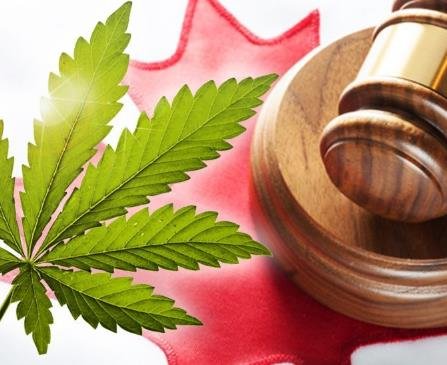A government transparency group has taken legal action against the U.S. Department of Health and Human Services (HHS), accusing the agency of withholding critical records related to the Biden administration’s marijuana rescheduling effort. The lawsuit, filed by Protect the Public’s Trust (PPT), claims HHS has failed to comply with federal transparency laws, leaving the public in the dark about key discussions between top agencies.
Watchdog Group Alleges Federal Violations
Protect the Public’s Trust filed the lawsuit in the U.S. District Court for the District of Columbia, arguing that HHS has not followed Freedom of Information Act (FOIA) requirements. The lawsuit stems from two separate records requests submitted in late 2023, both of which, the group claims, were ignored beyond legally allowed deadlines.
The first request sought internal communications between HHS employees, the Department of Justice, and the Drug Enforcement Administration (DEA) regarding President Biden’s proposal to shift marijuana from Schedule I to Schedule III under the Controlled Substances Act. The second request targeted communications within the Food and Drug Administration’s (FDA) Office of Communications and its discussions with HHS and the Centers for Disease Control and Prevention (CDC) about cannabis rescheduling.
PPT argues that releasing these records is crucial for public understanding of HHS’s role in the process. “Over 418 days have passed, and HHS has yet to issue a determination on these requests,” the lawsuit states.

Did HHS Go Silent?
The group alleges that HHS initially acknowledged the requests but then “went silent.” The agency cited “unusual circumstances” that complicated the processing of the documents. However, no further updates were provided.
Here’s what PPT says HHS has failed to do:
- Provide the requested records or indicate if they will be released
- Explain why any information might be withheld
- Inform PPT of its right to appeal any decision
Now, the organization wants a court to intervene, demanding that HHS turn over the requested records within 10 days of a judge’s order—or in whatever timeframe the court finds appropriate.
What’s in the Missing Records?
It’s unclear what the requested documents might reveal. However, HHS played a central role in the Biden administration’s cannabis review, which ultimately recommended moving marijuana to Schedule III. That recommendation was sent to DEA, which is now responsible for making the final decision.
Some speculate that the internal discussions could shed light on potential disagreements between federal agencies. Notably, Attorney General Merrick Garland—not the DEA’s administrator—signed off on the proposed rule, raising questions about whether DEA leadership resisted the change.
Legal challenges have already delayed DEA’s administrative hearings on the rescheduling issue, adding to the uncertainty. The missing records might provide insights into the internal dynamics influencing the process.
Delays, Political Uncertainty, and a Leadership Vacuum
The marijuana rescheduling process faces even more hurdles, as the Biden administration deals with leadership gaps at DEA. President Trump, since returning to office, has not yet nominated a permanent administrator for the agency. Meanwhile, acting DEA head Derek Maltz has voiced opposition to rescheduling, fueling skepticism about whether the agency will support the proposal.
Trump previously supported the idea of moving cannabis to a lower schedule but has remained silent since taking office again. The administration’s first choice for DEA chief, Sheriff Chad Chronister, withdrew his nomination last month due to conservative backlash over his stance on marijuana decriminalization. Now, another potential nominee, Jack Riley, is under consideration—despite previously calling marijuana a “gateway drug.”
At the same time, Trump’s pick for Attorney General, Pam Bondi, has dodged questions about how she would handle cannabis policy if confirmed. That leaves the future of federal marijuana policy as uncertain as ever.
Public Distrust in DEA’s Role
Despite the government’s reassurances, the public remains skeptical about how the DEA will handle the rescheduling process. A recent poll found that 96% of cannabis consumers don’t trust the agency to oversee marijuana policy fairly. With the legal battle over transparency heating up, this case could force more details about the administration’s approach into the public eye.
